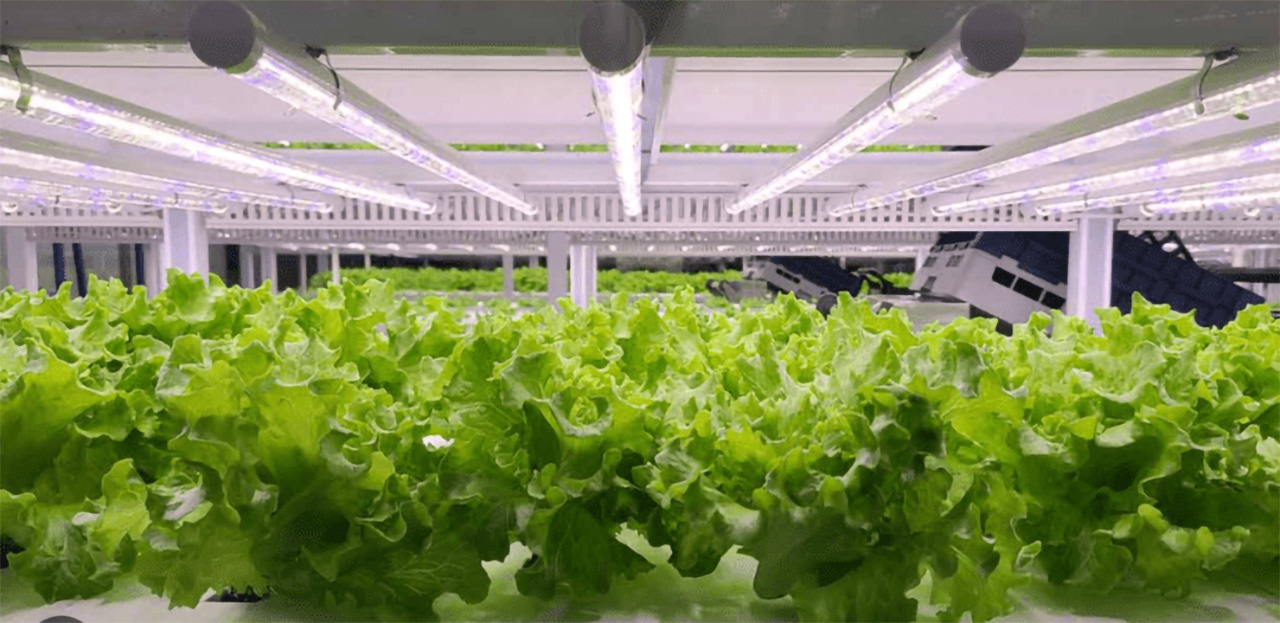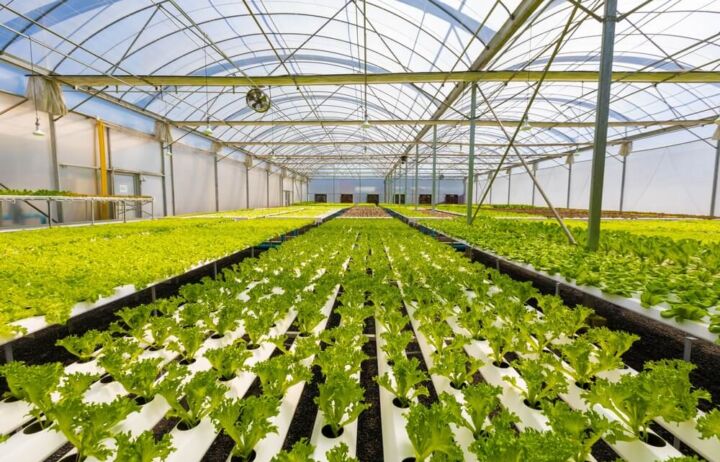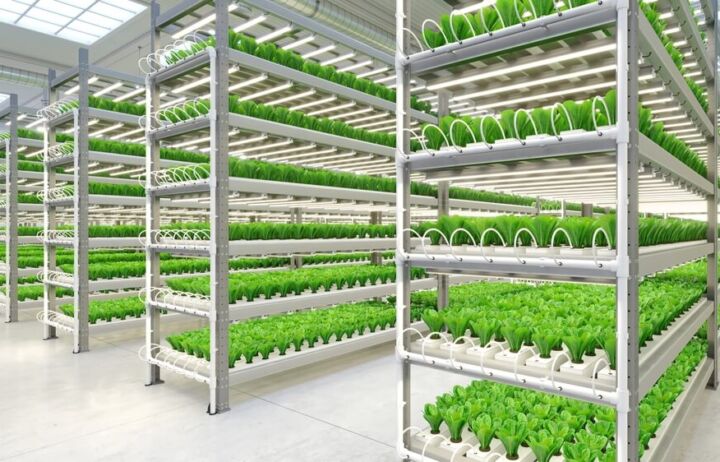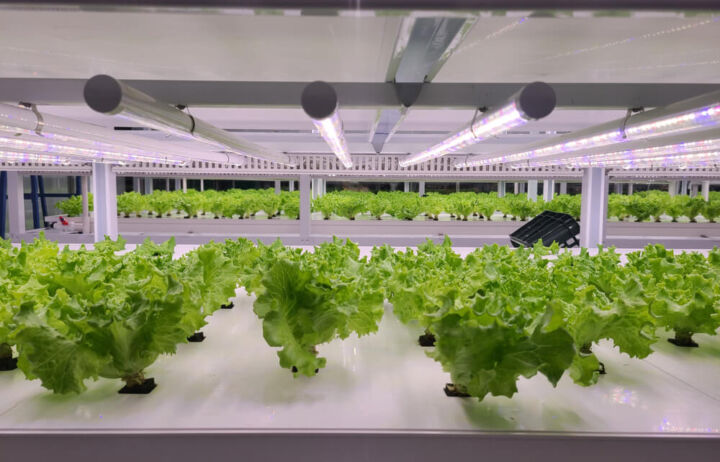
Transforming Agriculture: The Power of Indoor Farming to Disrupt and Revolutionize Industries
One of the key characteristics of transformative technologies is their ability to significantly disrupt existing industries. The industrial revolution, electricity, telephone communications, and of course, the internet, to name a few, all had tremendous and broad impacts.
The internet is a great example that many of us lived through. Its creation transformed almost every industry; from banking to transportation to education, one is hard-pressed to think of an area not affected. In the early days, few would have envisioned the breadth of its impact, but all were looking for ways to use it.
There are other transformative changes that, while not as broad, have the power to change industries. Indoor farming, of course, is one that has the potential to revolutionize agriculture and have impacts beyond what we currently anticipate.
The True Impact of Indoor Farming
Indoor farming will decentralize agriculture. This is not necessarily a move away from large farms, indeed many of these will complement their traditional business with indoor farms.
However, indoor farms in small modular applications will allow for many crops to be produced nearer the end consumer. This will reduce dependence on vast and complex supply chains that are susceptible to significant interruption, as we all learned during the pandemic.
Indoor farming will also play a role in the cost of food, a big part of which supports the distribution system. Smaller local farms will connect growers directly with consumers, shortening the time and distance to market, increasing revenue for farmers and the quality of products for consumers while reducing costs.
Indoor farms will also result in changes away from seasonality, allowing farmers and consumers to benefit from optimized production, leveling demand and income.
Growing the Next Generation of Farmers
Indoor farming will democratize agriculture. Small modular farming has the potential to put business opportunities in the hands of communities and entrepreneurs. A grower can start a farm and sell directly, giving consumers options beyond large retailers. Traditional communities may decide to grow, brand and distribute specialized crops like medicinal plants. Specialty producers can grow for restaurants, cosmetics, researchers and others, with no dependency on regional environmental limitations.
One of the catalysts of transformational change is that it puts the tools in the hands of everyone, which removes constraints from realizing creative ideas. Indeed, it’s quite impossible to foresee everywhere indoor farming will be applied.
Supporting Our Local Economy
Indoor farming will develop new industries. The first phases of indoor farming started with leafy greens, but the industry is evolving. There is extensive research on moving traditionally high-value outdoor crops indoors. Everything from vining fruits like grapes to root vegetables may soon find success in greenhouse applications.
Certainly, there is no shortage of R&D in this area. Success in these fields could see wine production in the Canadian prairies! Again, it’s difficult to predict, but ingenuity never ceases to amaze.
At NuLeaf, we look forward to seeing the creative applications that will sprout from the technology, which is one of the reasons that our model focuses on making technology solutions available to growers. While indoor farming will not have the broad multi-industry reach of the internet, in its own way, it has the potential to change the world.








